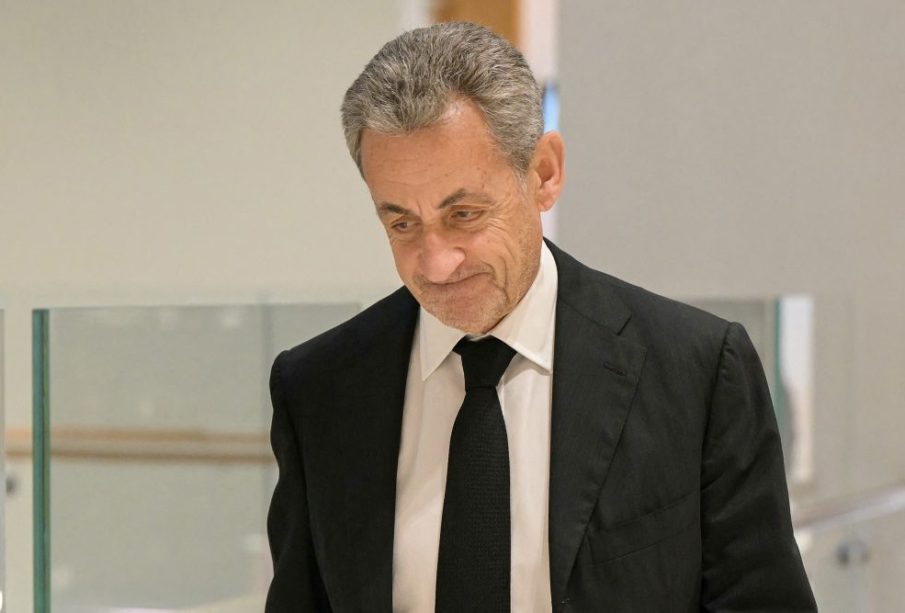Nicolas Sarkozy: A Comprehensive Overview

Introduction
Nicolas Sarkozy, the former president of France from 2007 to 2012, remains a significant figure in French and European politics. His leadership during a crucial period in France’s history, alongside his controversial policies and legal battles, has cemented his legacy in international affairs and continues to influence discussions on governance, economics, and immigration throughout Europe.
Political Career and Policies
Sarkozy’s rise to prominence began with his tenure as mayor of Neuilly-sur-Seine and as Minister of the Interior. His 2007 electoral campaign was marked by a strong focus on economic reform, immigration control, and national security. As president, he implemented several key policies, including the controversial ‘Loi Hadopi,’ aimed at combating internet piracy, and the ‘Grenelle laws’ promoting environmental sustainability.
Challenges and Controversies
His presidency was not without challenges, including the global financial crisis of 2008, which necessitated rapid response and recovery measures from the French government. Additionally, Sarkozy faced significant public backlash over his handling of social unrest and criticism over what many perceived as an authoritarian leadership style. The questioning of his spending habits and allegations of corruption have also shadowed his political legacy.
Recent Developments
Following his presidency, Sarkozy faced a string of legal challenges, culminating in a conviction for corruption in March 2021. He was sentenced to three years in prison, with two years suspended. As of late 2023, Sarkozy continues to be a polarizing figure in French politics, with ongoing discussions about his potential return to the political scene amidst shifting public opinion and party dynamics in France.
Conclusion
Nicolas Sarkozy’s career exemplifies the complexities of modern political leadership. As France navigates a new political landscape fraught with challenges, the lessons from Sarkozy’s presidency and his ongoing legal troubles serve as a reminder of the impact and accountability of public figures. With the upcoming elections in France, understanding Sarkozy’s influence is essential for those seeking insights into the future of French politics and governance.


